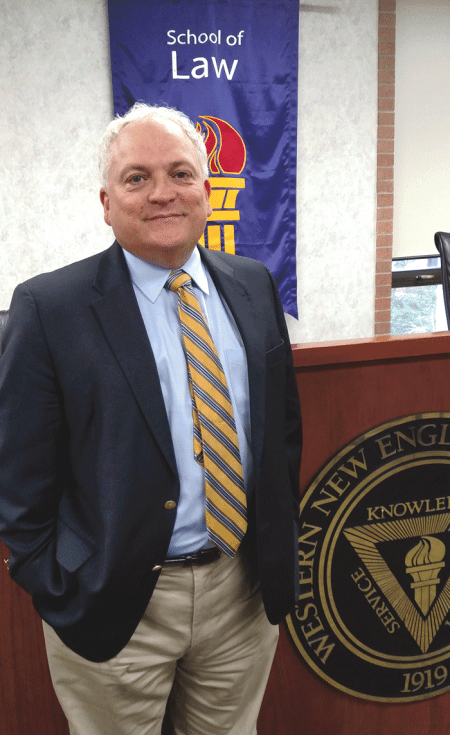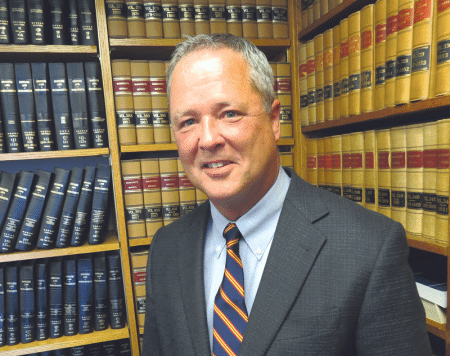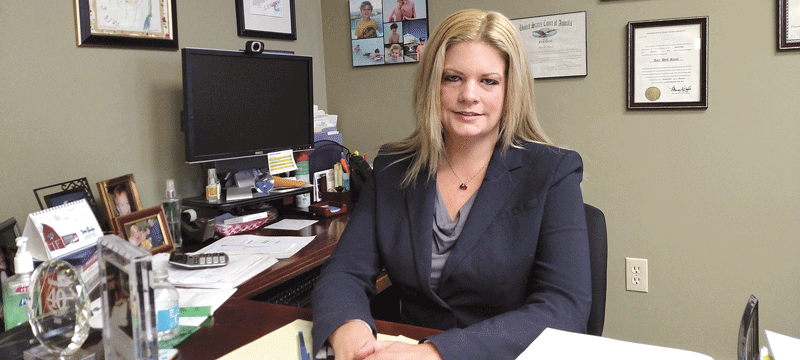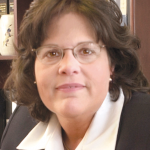The Big Picture
 While large in scale and scope, the unfolding Harvey Weinstein story nonetheless offers invaluable lessons to employers in every sector about their responsibilities and the steps they must take to protect their employees and themselves. That’s the main takeaway from this matter, according to several employment-law attorneys, who note that the main objective should be zero tolerance.
While large in scale and scope, the unfolding Harvey Weinstein story nonetheless offers invaluable lessons to employers in every sector about their responsibilities and the steps they must take to protect their employees and themselves. That’s the main takeaway from this matter, according to several employment-law attorneys, who note that the main objective should be zero tolerance.
Kathryn Crouss says that, in many respects, the Harvey Weinsten story — three words that cover a lot of territory, to be sure — is outwardly extraordinary in several respects.
Starting with the individual at the center of it all.
He was (the tense is important here, so please note it) not only the leader of the company in question — Miramax and then the Weinstein Company — but an executive who seemingly had the ability to alternately make or break a career depending on his disposition at a given moment.
Also extraordinary was the extent of the allegations lodged against him by a growing number of women — from random, or not-so-random, as the case may be, acts of sexual harassment all the way up to rape. (Weinstein adamantly denies the latter.)
Other manners in which ‘extraordinary’ fits include everything from the number of alleged victims of harassment (or worse), to the number of people who evidently shirked their responsibilities in this matter (from other officials at the company to board members), to how long it took for this story to break. Indeed, several reporters have come forward to say their efforts to uncover allegations against Weinstein were thwarted for years by everything from alleged victims’ refusal to talk to heavy-handed threats of litigation from Weinstein and his lawyers.
But when you slice through all that, ‘extraordinary’ might not be the most effective adjective after all, said Crouss, an employment-law specialist and associate with the Springfield-based firm Bacon Wilson. She told BusinessWest that, in many respects, what happened at the Weinstein Company still goes on at firms that are exponentially smaller and with individuals who might lack the star power of actresses like Ashley Judd and Gwyneth Paltrow, but who nonetheless have the same basic rights.

Kathryn Crouss
“I’m glad all this has come out, because we really do have to have this conversation,” she told BusinessWest. “It’s not only in Hollywood, it’s everywhere, and this is a good opportunity to have the discussion.”
Specifically, she was referring to sexual harassment in its two most basic and legally identified forms — the presence of what’s known as a “hostile work environment,” and also the quid pro quo variety, where one individual promises something in exchange for something else.
They both go on at companies and institutions large and small and across all sectors of the economy, said Crouss, basing those remarks simply on how much time she’s spent in court and in clients’ boardrooms handling such matters.
Amelia Holstrom, an associate with Springfield-based Skoler, Abbott & Presser, agreed.

Amelia Holstrom
“Sexual-harassment cases are on the rise, and, more importantly, retaliation cases have increased from 18,000 in 1997 to 42,000 in 2016,” she said, adding that some of those harassment cases involve individuals who reported sexual harassment and allege that some action was taken against them as a result of their complaint.
Thus, the Weinstein story serves up some important lessons, or a wake-up call, if you will, said Crouss and others we spoke with, about employers’ responsibilities under the law, and what is really necessary to keep them from running afoul of those laws.
In short, while the law requires companies with six or more employees to have a formal sexual-harassment policy on the books — meaning in the handbook — having a policy on paper is only the starting point.
Peter Vickery, an employment-law specialist based in Amherst, said employers should be diligent about making employees aware of the policy, provide training to workers at all levels in recognizing and avoiding sexual harassment, and follow through on everything in the policy.

Peter Vickery
“When they receive complaints, they have to investigate them immediately, or as promptly as possible, and follow up,” said Vickery as he listed clear takeaways from the Weinstein saga. “And whatever they do, under no circumstances should they retaliate against the employee who brought the complaint. Also, depending on what their investigation uncovers, take remedial action.
“What the Weinstein case is showing is that a lot of powerful people chose not to protect Weinstein’s victims; they had a choice, they were employers, they knew that this was going on, and they chose to do the wrong thing,” he went on. “They chose not just to turn a blind eye, but to become complicit and to be his enabler. It looks like a lot of powerful people chose to put their employees in harm’s way.”
For this issue’s focus on law, BusinessWest looks at the Weinstein case and, more specifically, what employers should take from it.
Action! Items
Getting back to the Weinstein story and that word ‘extraordinary,’ it would also apply to the price that Weinstein and his company will be paying for all that transpired over the past few decades.
Indeed, Weinstein the man and Weinstein the company name would both appear to be highly radioactive at this point and with very uncertain futures. The same can be said for other officials at the company, including Harvey’s brother, Bob. There will likely be criminal charges filed and enormous penalties to pay.
Again, extraordinary. But the price to be paid by small-business owners and managers who run afoul of sexual-harassment laws are equally significant, at least when adjusted for scale.
“There can be damages for back pay if someone lost their job or quit,” Holstrom explained. “There can be damages for emotional distress, which is common in these cases and can range from $50,000 to one I’ve seen at $500,000. There can also be punitive damages, attorney’s fees, the other side’s attorney’s … the list goes on.”
So how do employers protect themselves and their businesses from paying such penalties? The simple answer, said those we spoke with, is by taking the matter seriously, or very seriously, as the case may be.
Most already do, said Holstrom, but the rising number of sexual-harassment and retaliation claims would seem to indicate they’re not taking it seriously enough.
Or, to put it another way, they’re not taking a ‘zero-tolerance’ stance on the matter, a phrase used by all those we spoke with.
There is much that goes into zero tolerance, as we’ll see, starting with the need to go well beyond placing a sexual-harassment policy in the company handbook. Additional steps could and should include yearly training, said Crouss, noting, for example, that this takes place at her firm.
Beyond training, employers looking to protect their interests must take each complaint, investigate it thoroughly, and, when there is harassment between co-workers, take steps to stop it, said Holstrom, adding that when the matter involves a supervisor harassing a co-worker, the employer is automatically liable. And while she acknowledged that ‘thoroughly’ is a subjective term, she said objectivity is required, and she had her own advice for clients on such matters.
“They have to meet with the accuser and get all the facts from that person,” she explained. “And then, they have to meet with the accused and gather information from that individual. And then, they have to meet with any witnesses that are identified by the accused, the accuser, or anyone else. And then, they have to follow up if necessary.
“And then, the employer, using some common-sense principles and some evidence, decide who they believe,” she went on, adding that this is sometimes, if not often, an inexact science.
Beyond acting ‘thoroughly,’ however it might be defined, companies must also act consistently, said Crouss, meaning that all cases are investigated and handled with equal vigor, regardless of who is accused of harassment.
That includes women; top officials at a company, up to and including those who might have the names over the door and on the stationary; and the proverbial ‘golden boy or girl’ — a top producer, for example, or a popular employee, or even someone who has been around a long time and is generally well-respected.
Creating an environment where employees feel they can lodge warranted complaints against anyone and they will be taken seriously and acted upon is inherently difficult, she went on, but this should be the goal for all employers; otherwise, complaints can and will go unreported, as they were in Weinstein’s case.
“What happens if it’s the golden boy?” she asked rhetorically. “This is someone the rest of the company values and likes, but this is going on behind the scenes. The harassed employee is likely to think, ‘they’re never going to come after so and so.’”
One of the most troubling aspects of the Weinstein case, Crouss said, is the alleged perpetrator himself, the boss and power broker, a situation that, in some respects, goes a long way toward explaining why harassment still takes place.
“Those women didn’t feel supported or safe in reporting it,” she said of the Weinstein allegations. “And I think the reason in this case, and in so many cases, why these types of things are able to go on as long as long as they are is because women either don’t understand what’s happened or don’t define it in their heads as sexual harassment, or don’t feel safe in their own jobs and their own employment reporting it.”
And this is why, she went on, at the grassroots level on up, it’s important for employers to be proactive and very clear about just what sexual harassment is and what employees can and must do if they believe they are victims of it.
Cast of Thousands
Zero tolerance and protecting a company and its leadership also means knowing, fully understanding, and taking steps to prevent (through training and other measures) those two main types of sexual harassment mentioned earlier.
The first is the presence of a hostile work environment, which, said Holstrom by way of offering the legal definition, “is unwanted or unwelcome conduct focused on or because of an individual’s protected class that unreasonably interferes with job performance or creates an intimidating, hostile, or offensive work environment.”
“Typically, someone must prove that she or he was subject to unwelcome/unwanted, verbal/non-verbal communication or action that was severe and pervasive enough to alter the terms and conditions of employment,” she went on, adding that, in sexual-harassment cases, examples of such conduct or actions include sexual advances, touching, and sexual jokes.
‘Hostile’ is another one of those words that seems laden with subjectivity, and in some respects it is, said Holstrom, who takes this approach on the matter:
“What I always tell my clients is that, when they do these investigations, they’re not necessarily making a legal determination about whether it would constitute a hostile-environment claim to a jury or another decision maker,” she explained. “I tell them, ‘you’re looking at whether it violates your policy and whether it belongs in your workplace.’”
Vickery agreed, and noted that employers should be mindful of the fact that hostile-work-environment claims can, and often are, lodged by those not being directly harassed but who are nonetheless working — or trying to work — in the same environment.
“They also have the right to be free from a hostile work environment,” he noted. “So they can file claims as well.”
As for quid pro quo harassment (the term comes from the Latin and means “this for that”), it occurs when submission to or rejection of conduct is used as the basis for an employment decision, said Holstrom.
“Examples include a supervisor promising an employee a raise if she goes on a date with him,” she noted, “and a supervisor giving an employee a negative performance review because he refused to go on a date with her.”
But safeguarding a company from trouble with regard to sexual harassment extends beyond the walls of a company, said Vickery, adding that this is another possible lesson from the Weinstein story.
Indeed, he said employers must be diligent about protecting employees from what’s known as third-party harassment, that committed by vendors, customers, and other parties employees might interact with.
The key in such matters is employers “sending employees into harm’s way,” said Vickery, meaning that a supervisor likely knows harassment is possible or even likely, and sends the employee into that environment anyway.
“A company’s policy should make it clear that employees can and must report sexual harassment by third parties,” he explained, “because that sexual harassment by a third party, if it occurs in the context of an employee’s job, can be a claim of hostile work environment. So employers need to be mindful of that to possibly avoid liability.”
Roll the Credits
As extraordinary as the Weinstein case is, and despite the fact that it will be in the news for quite some time, this story, like so many others that came before it, has the potential to fade from memory, or fade to black, as they say in the film industry.
Employers can’t afford to let that happen, in any sense of that phrase, said the lawyers we spoke with.
They should acknowledge that this case represents extremes in many, if not all, aspects of sexual harassment and the prices to be paid for such transgressions. But they should also understand that it also represents the basics.
And that there are important lessons to learn and remember.
George O’Brien can be reached at [email protected]






 The #MeToo movement has brought about change and challenge — from a liability standpoint — in workplaces of all kinds. And this includes the broad spectrum of education. Indeed, recent cases indicate that courts may soon hold schools, colleges, and universities strictly liable for any sexual misconduct by their staff toward their students.
The #MeToo movement has brought about change and challenge — from a liability standpoint — in workplaces of all kinds. And this includes the broad spectrum of education. Indeed, recent cases indicate that courts may soon hold schools, colleges, and universities strictly liable for any sexual misconduct by their staff toward their students.


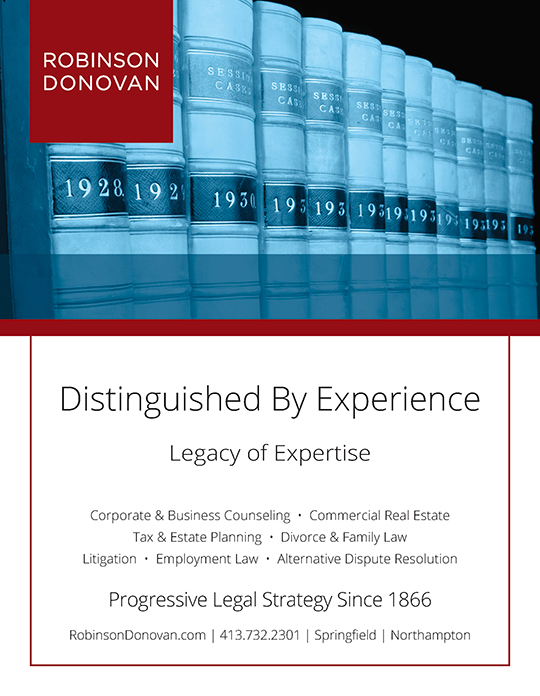
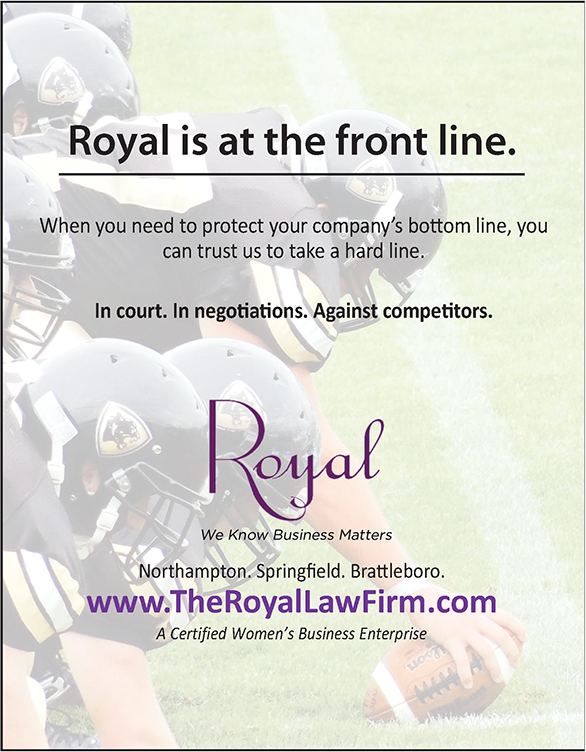



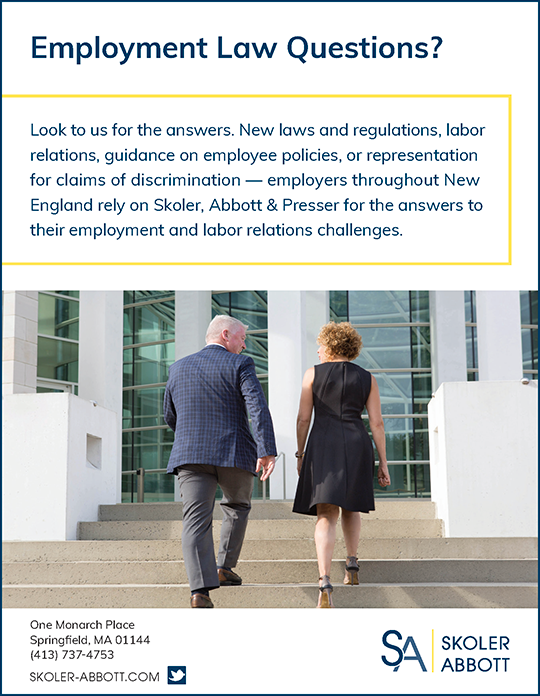

 The cannabis industry is off to a fast and quite intriguing start in the Bay State, and two new categories of license have particular potential to move this sector in new directions: one for home delivery of cannabis products, and another for social-consumption establishments, or cannabis cafés.
The cannabis industry is off to a fast and quite intriguing start in the Bay State, and two new categories of license have particular potential to move this sector in new directions: one for home delivery of cannabis products, and another for social-consumption establishments, or cannabis cafés.





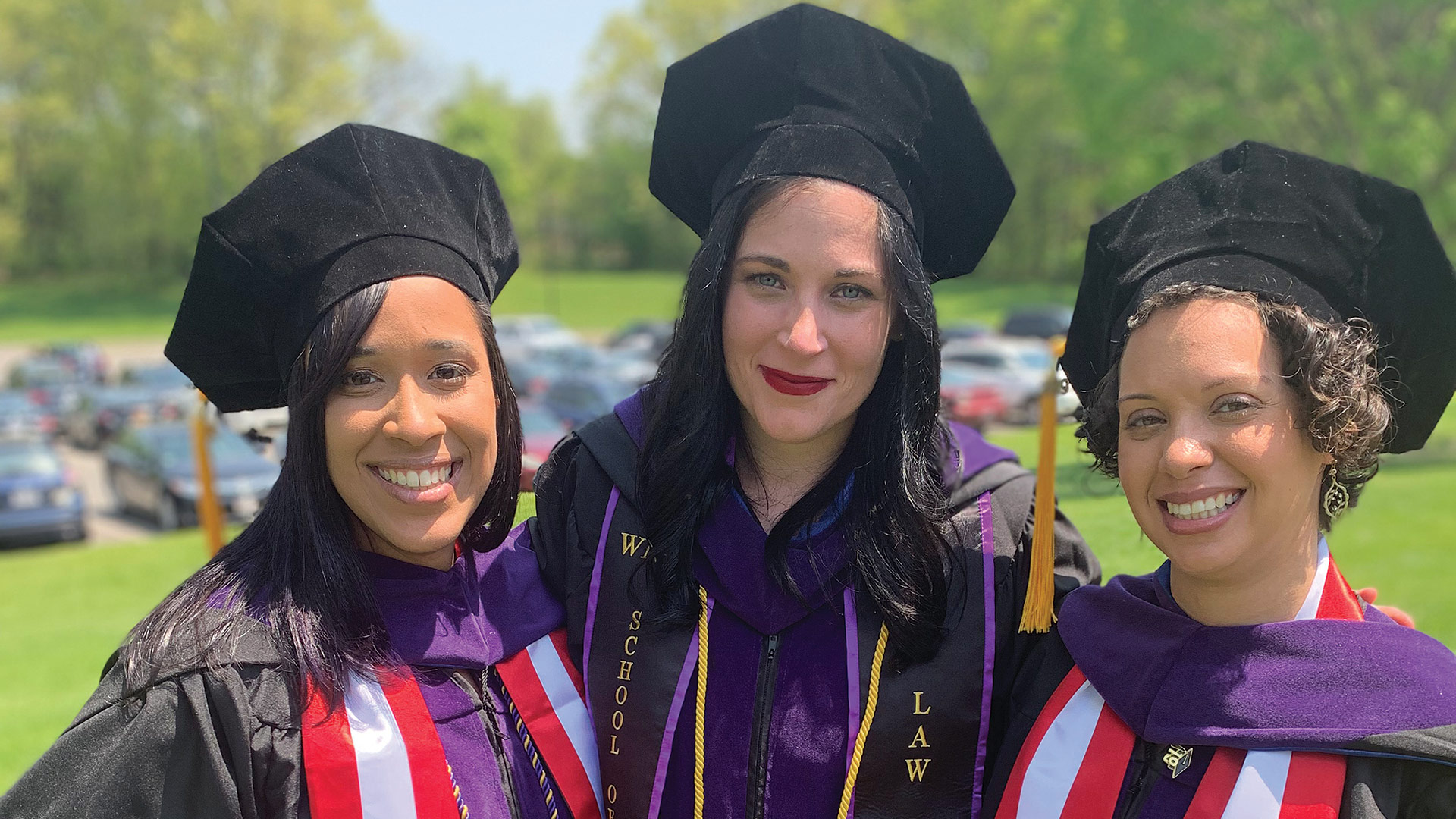

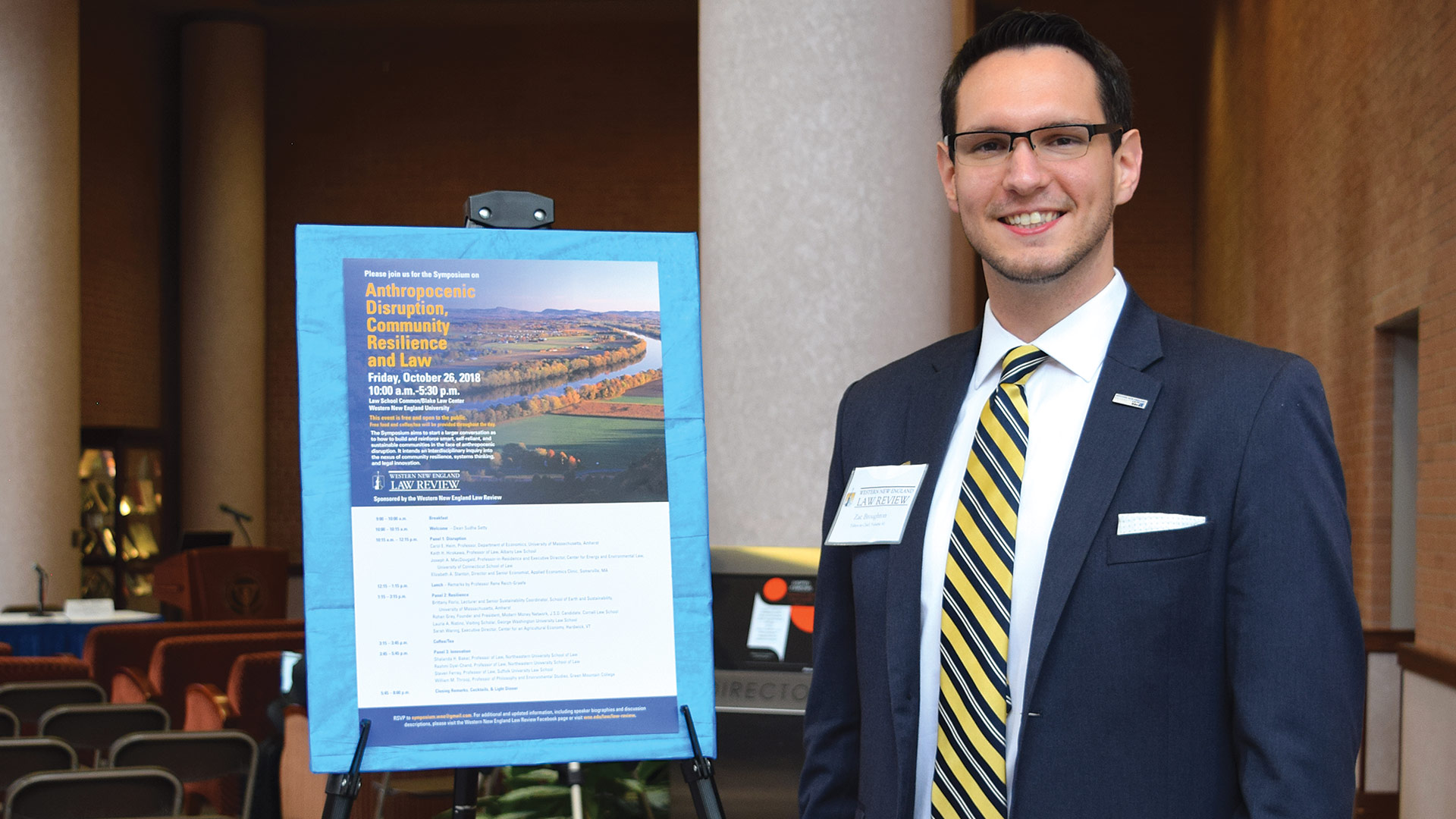






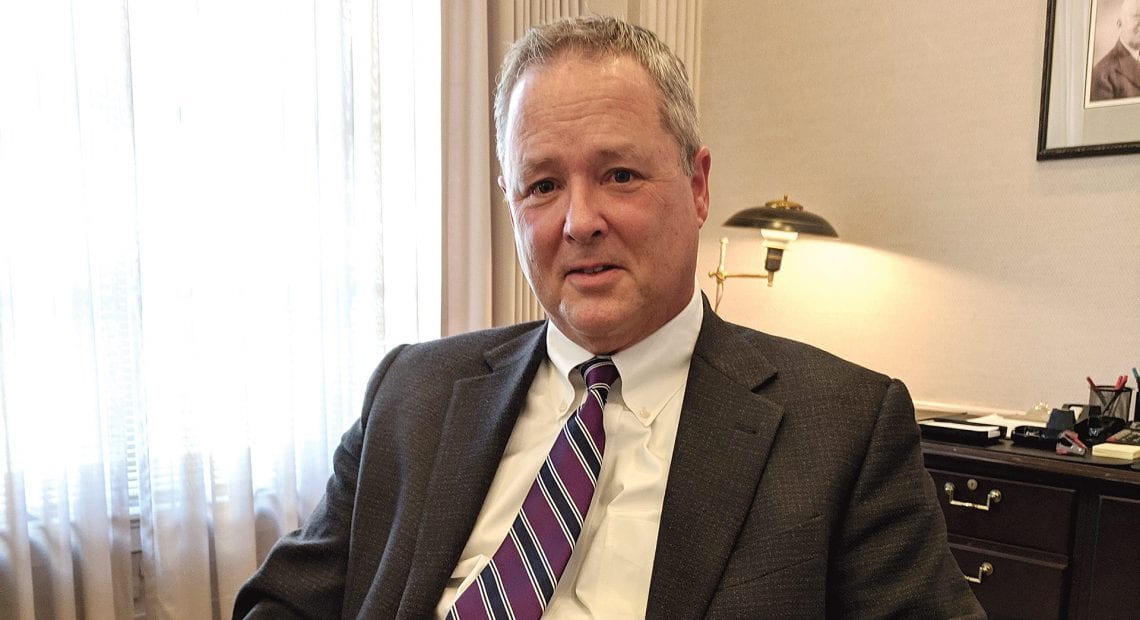
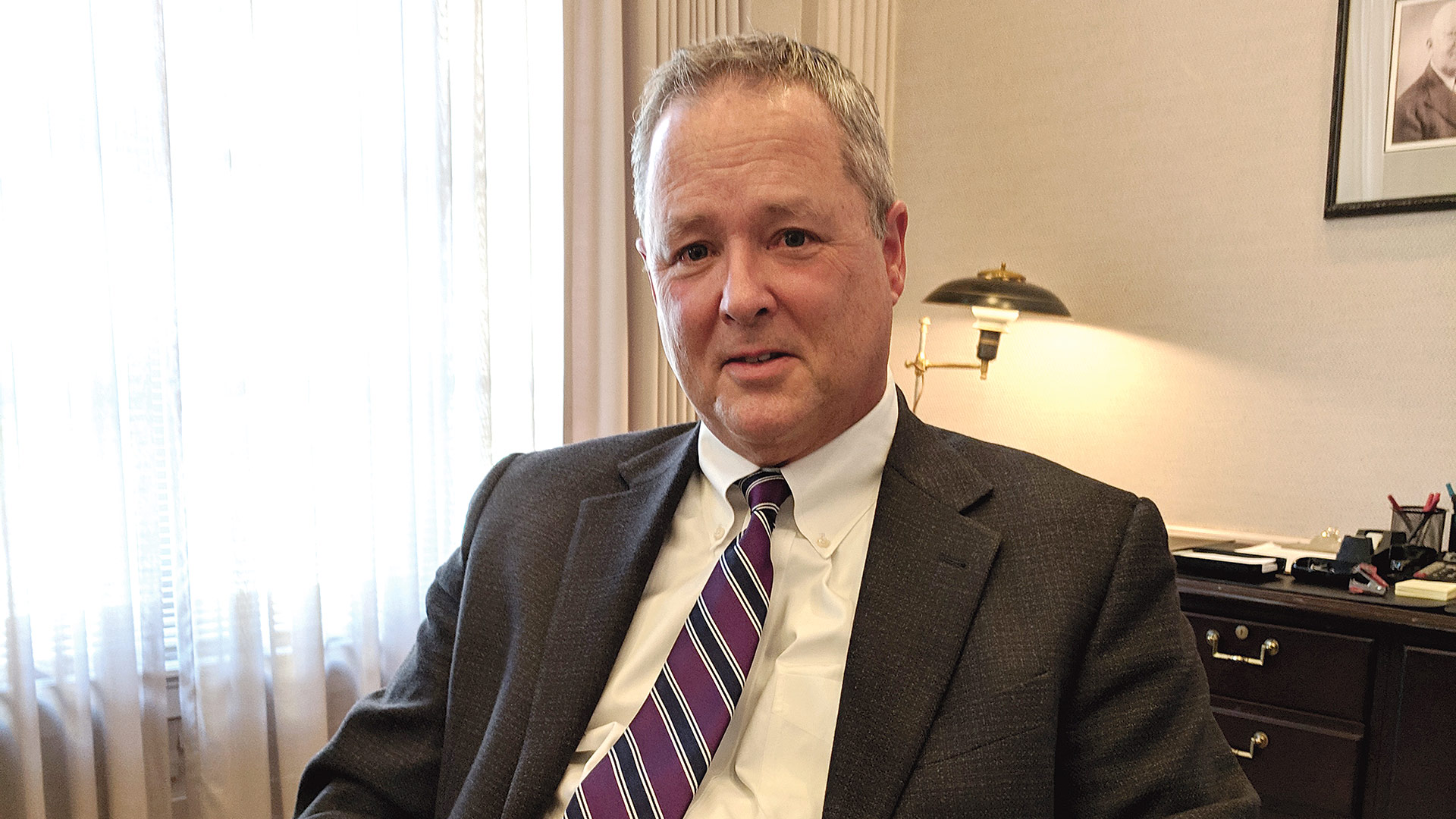
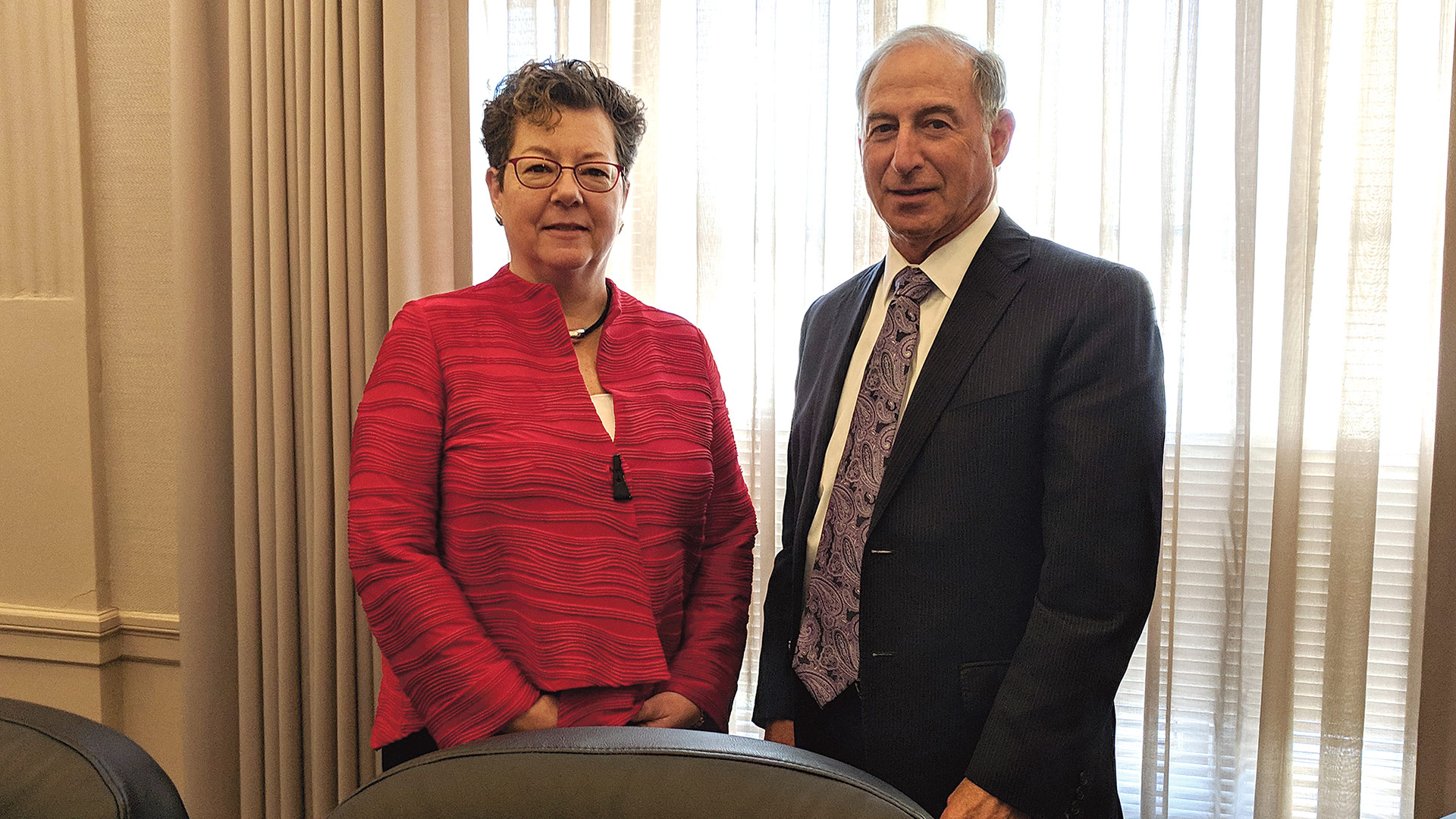

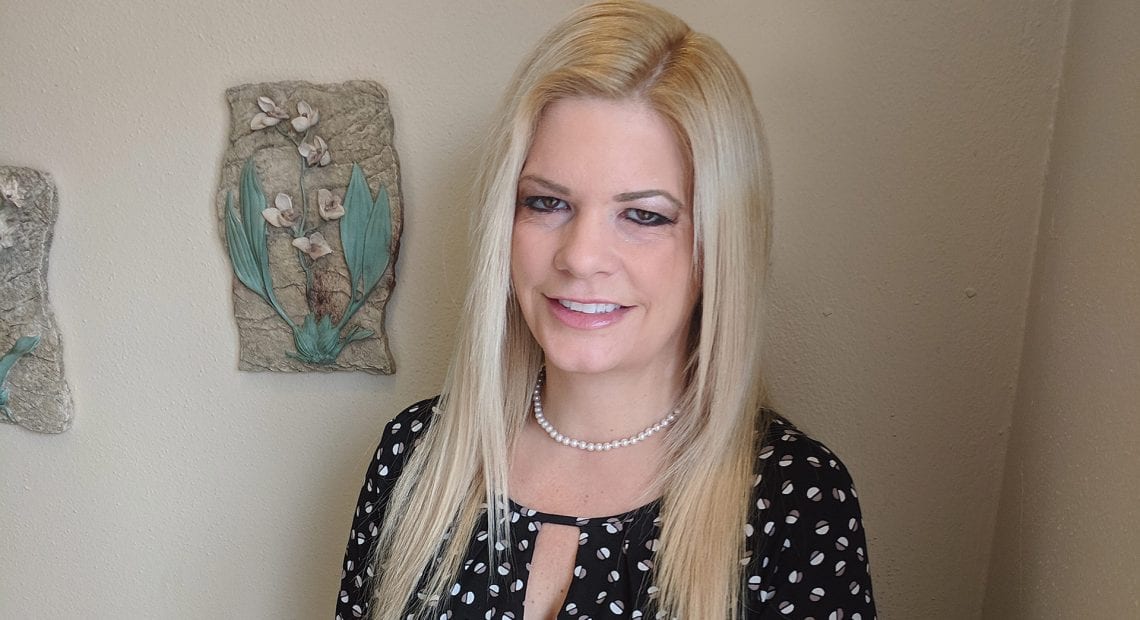
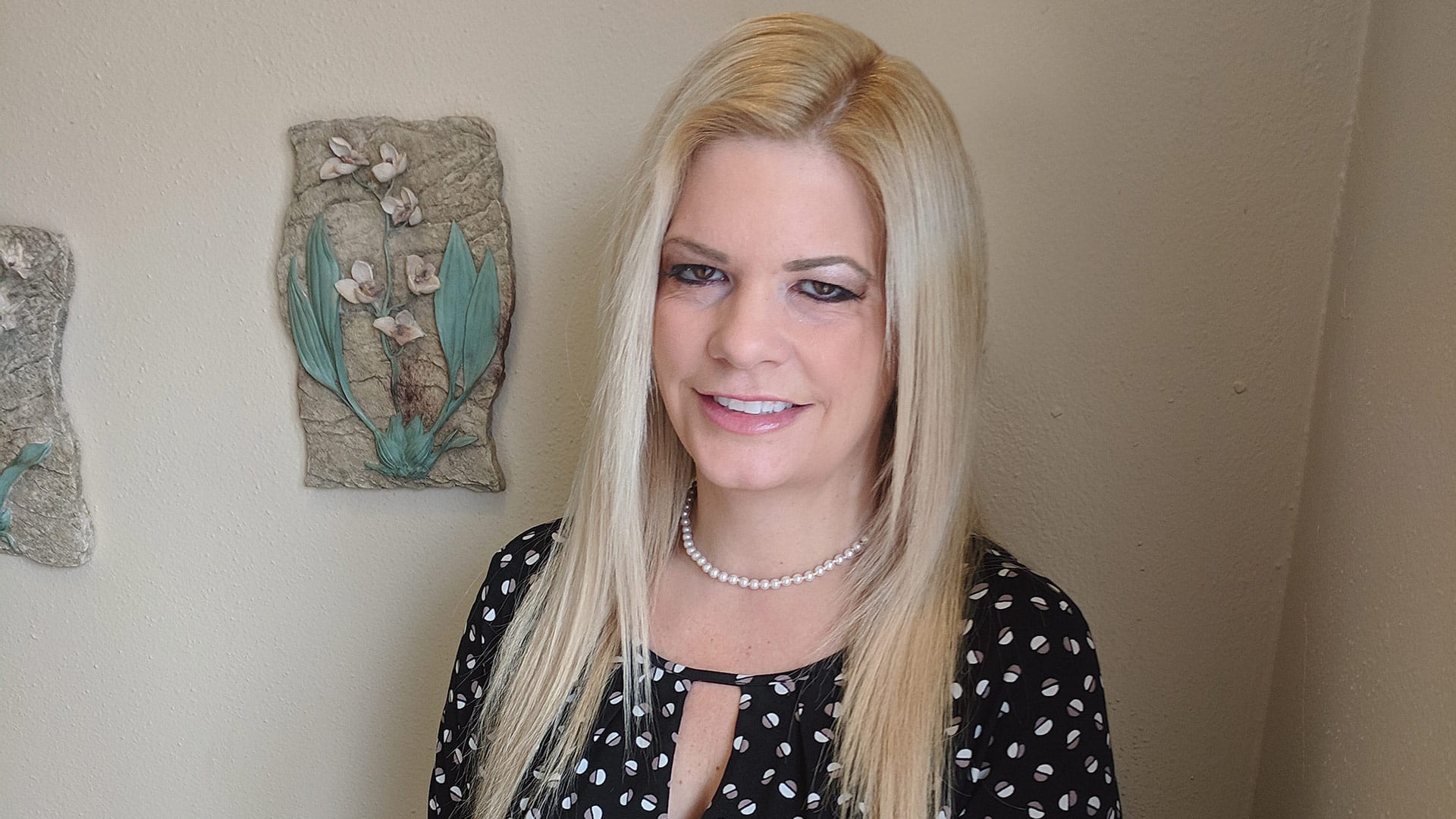
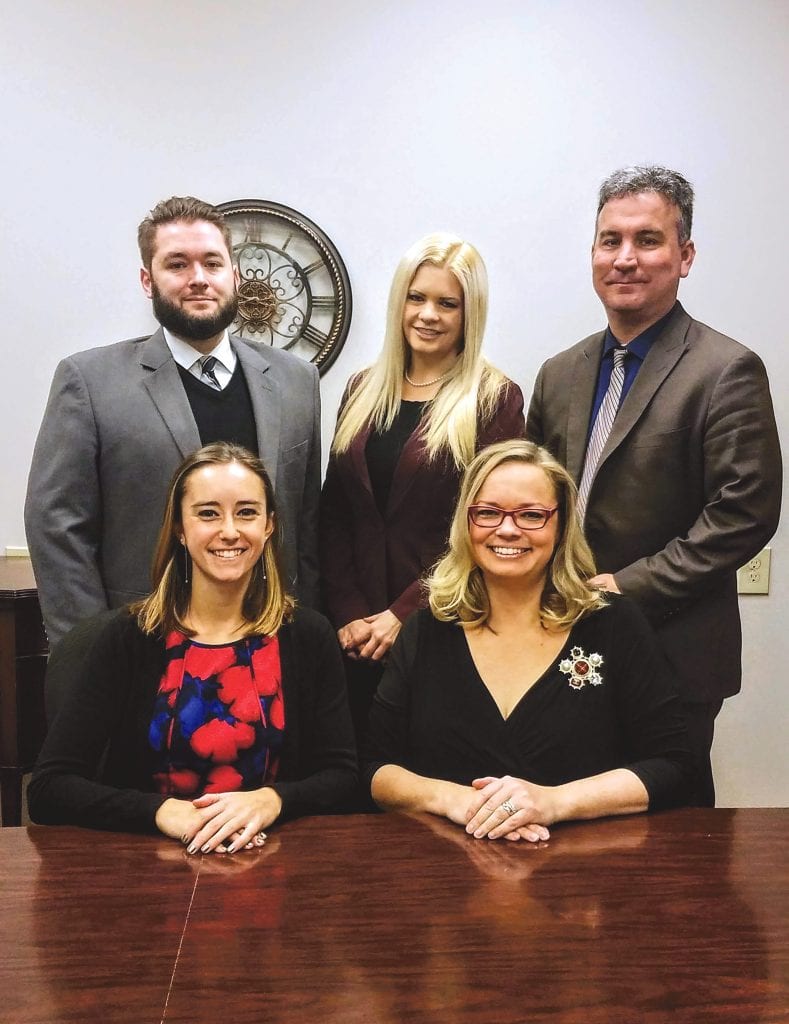
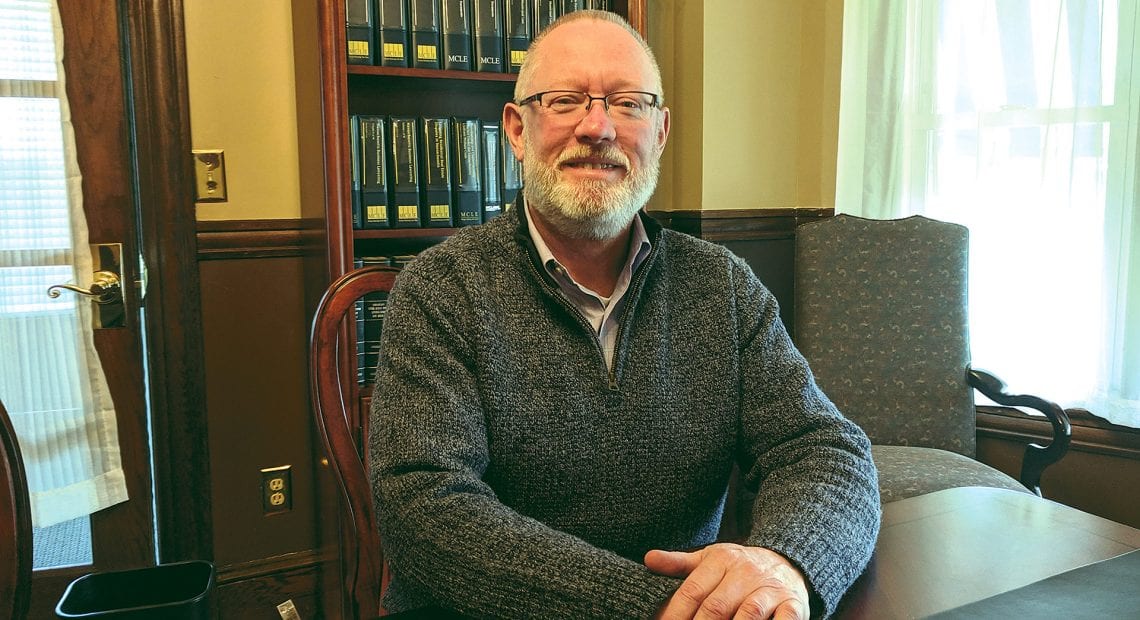


 Just as the business and legal communities in Massachusetts were learning to deal with medical marijuana, voters kicked the door wide open in 2016 by legalizing the drug for recreational use, too. That created a tangle of issues to work out, from how to handle employees that use the drug outside work to launching a cannabis business in the face of federal law that calls the practice illegal. Some of those issues have been sorted out, but others still hang in the air, like so much smoke.
Just as the business and legal communities in Massachusetts were learning to deal with medical marijuana, voters kicked the door wide open in 2016 by legalizing the drug for recreational use, too. That created a tangle of issues to work out, from how to handle employees that use the drug outside work to launching a cannabis business in the face of federal law that calls the practice illegal. Some of those issues have been sorted out, but others still hang in the air, like so much smoke.
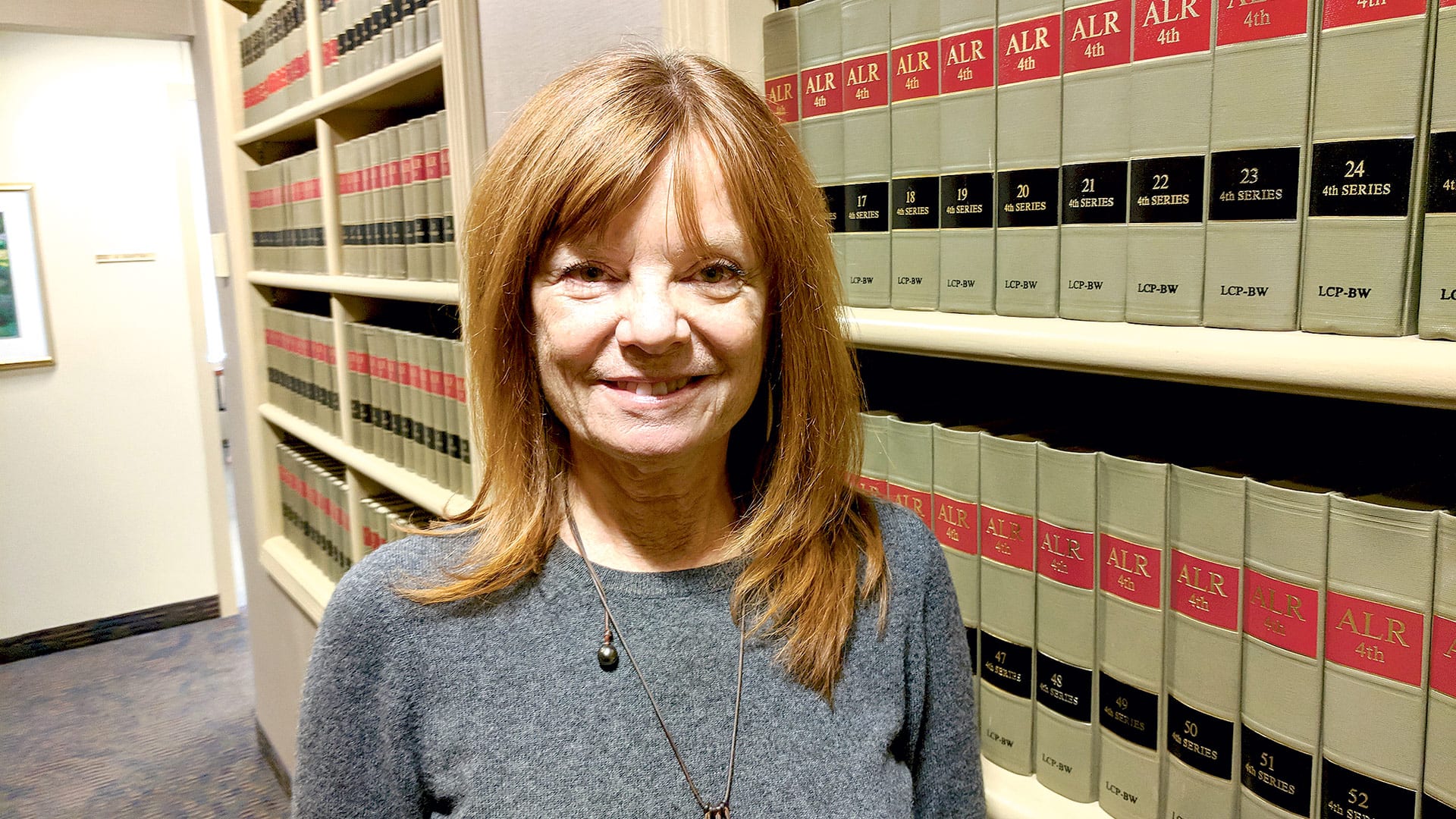




















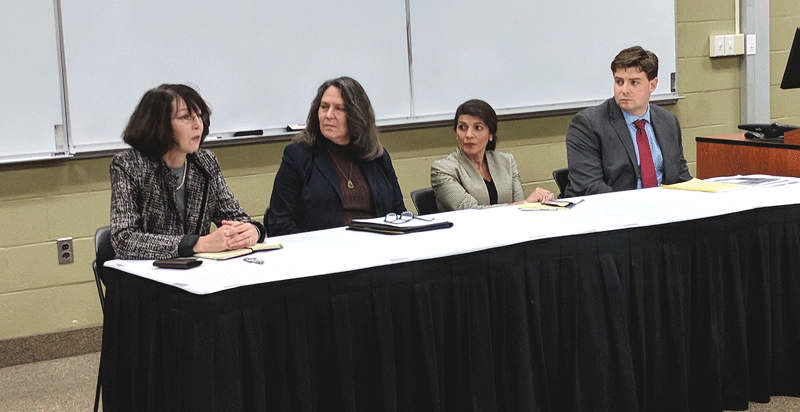



 While large in scale and scope, the unfolding Harvey Weinstein story nonetheless offers invaluable lessons to employers in every sector about their responsibilities and the steps they must take to protect their employees and themselves. That’s the main takeaway from this matter, according to several employment-law attorneys, who note that the main objective should be zero tolerance.
While large in scale and scope, the unfolding Harvey Weinstein story nonetheless offers invaluable lessons to employers in every sector about their responsibilities and the steps they must take to protect their employees and themselves. That’s the main takeaway from this matter, according to several employment-law attorneys, who note that the main objective should be zero tolerance.


